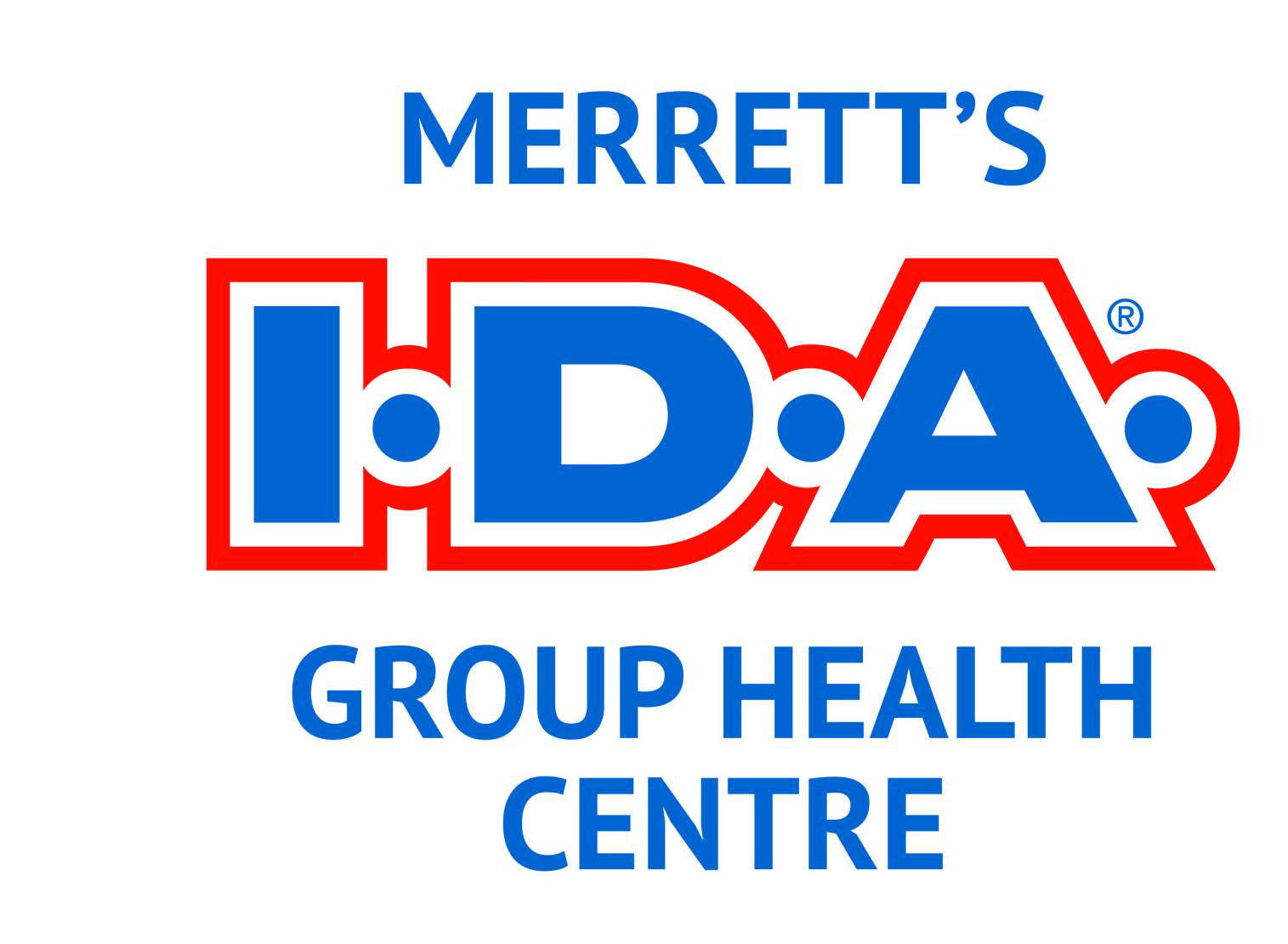Emergency Contraceptive
IS IT TOO LATE FOR THE MORNING-AFTER PILL?
It can happen to anyone. Sometimes, in the heat of the moment, you don’t have time to protect yourself properly during sexual intercourse or, for various reasons, you may be concerned that your contraceptive method is not fully effective. Can the morning-after pill only actually be taken the day after?
